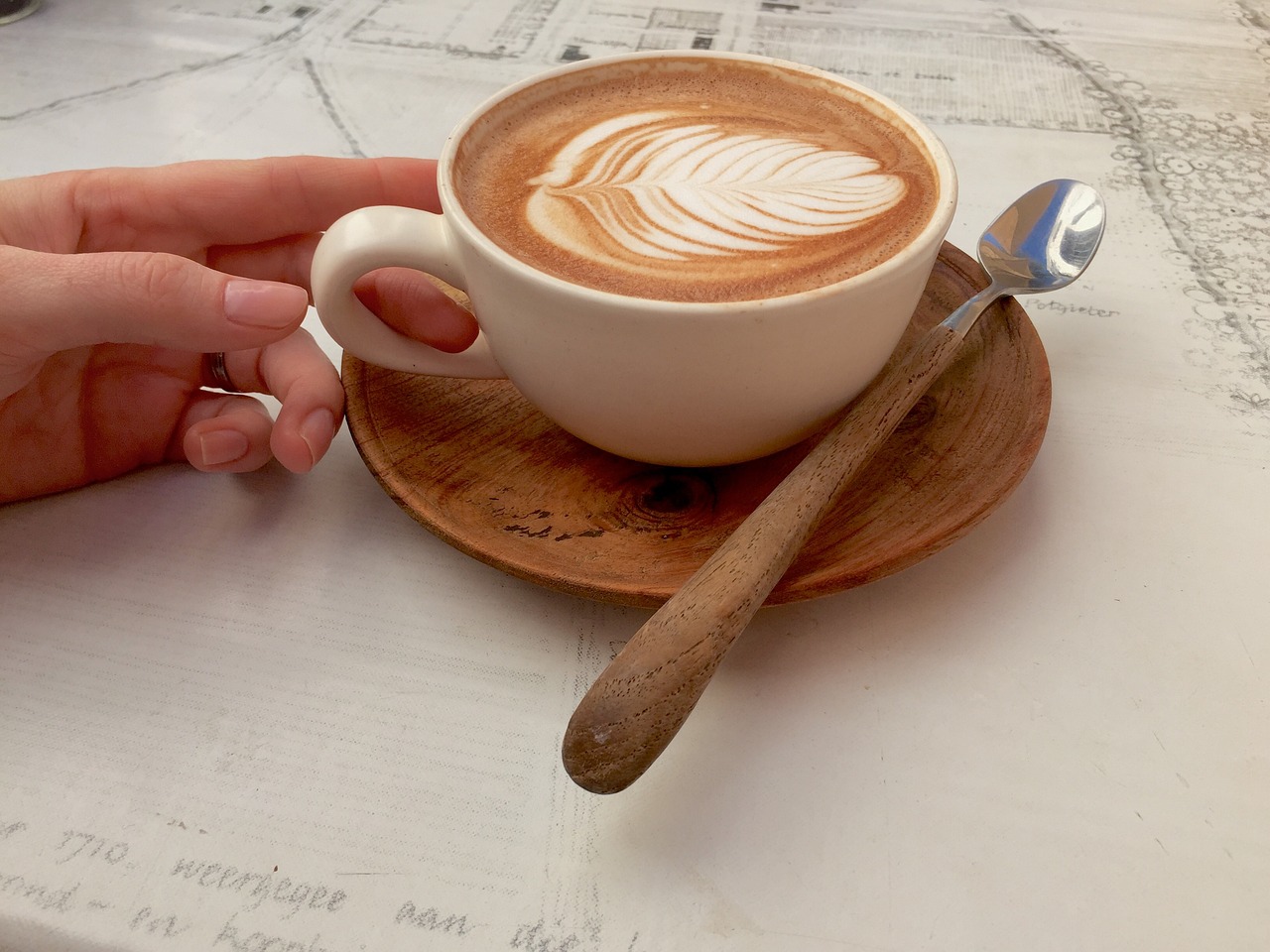Brands that manage to incorporate a ritual into their products and services are able to establish a closer emotional relationship with consumers.
Every brand is said to have it in them. The ability to infuse a ritual into their product or service that strengthens the relationship with consumers. An example of this is the Kitkat biscuit, where the ritual involves cutting four pieces in half or separating one piece at a time. Or an Oreo, where turning and separating the cookie from the cream has also become a carrier line for communicating "twist the Oreo". Starbucks, for example, also builds on rituals, offering its customers a wide range of ways to enjoy their coffee in their own way.
Ritual is a long-term, regular and personal kind of behaviour that can take people out of the everyday. According to a survey by MSQ and Warc, nearly half of consumers (48%) maintain one key ritual for more than five years and perform most of the important rituals every day. Up to 72% of respondents incorporate a product or service into their rituals at least occasionally, and 39% feel a more positive relationship with a brand that has become part of their ritual.
Rituals thus represent a "huge opportunity"for brands. "Every brand has a unique aspect of behaviour that can be considered ritualistic. What are the (hidden) patterns in the consumers you reach? What do they do, how and why? Once you figure that out, you're well on your way to harnessing the power of ritual," says Kate Howe, CEO of MSQ.
As Michael Norton, Harvard Business School professor and author of The Ritual Effect, explains, rituals are meaningful moments that can evoke powerful emotions and that consumers integrate into their lives. There are several types of rituals, including traditional ones such as a birthday cake, a toast at a party, or a crucifixion in church. Each person also has personal rituals, and these can be anything from the order in which they shower to the order in which they brush their teeth.
Strong rituals include DIY ones - people have a stronger attachment to what they make themselves. Ikea, for example, builds its strategy on assembling furniture, knowing full well that people treat a bookcase that they assembled themselves differently than one that someone just brought in and put in their room. It creates a 'sense of ownership'.
Rituals make people feel revitalized and comfortable. Therefore, Norton says brands should think about how to incorporate them into their products or services because they strengthen their relationship with consumers through them.
Source: mediaguru.cz

